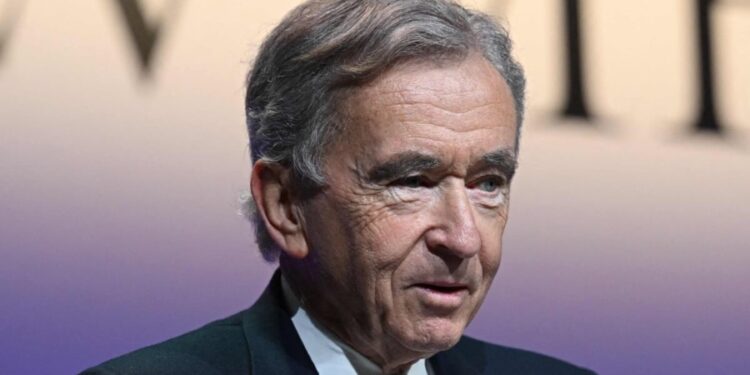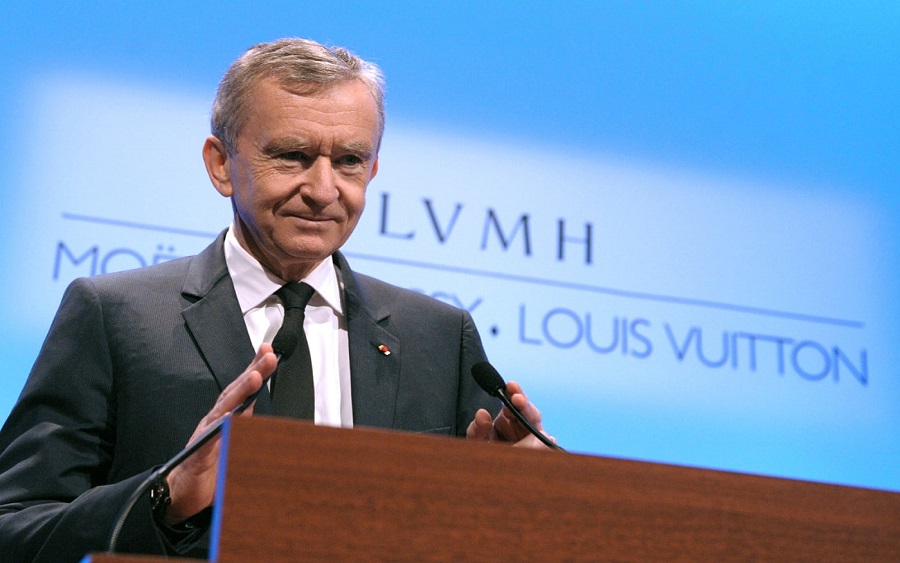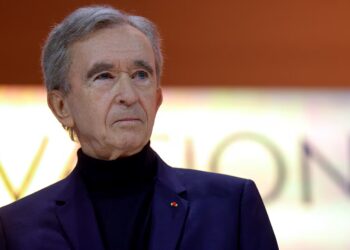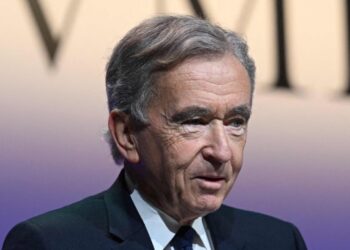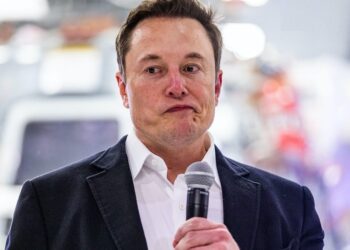Bernard Arnault, the 76-year-old billionaire behind the world’s largest luxury goods conglomerate, is set to remain at the helm of LVMH for up to nine more years after shareholders overwhelmingly voted to raise the company’s age limit for its top executive.
At the general assembly held in Paris on Thursday, LVMH shareholders approved a resolution amending the group’s bylaws to increase the maximum age for its chairman and CEO from 80 to 85.
The resolution passed with more than 99% of votes in favor.
It marks the second such change in just over two years; in 2022, the company had already raised the age cap from 75.
Arnault, who has led the luxury empire since 1989, remains both CEO and chairman, and, together with his family, the group’s controlling shareholder. Over the decades, he has transformed LVMH Moët Hennessy Louis Vuitton into a sprawling empire through strategic acquisitions spanning fashion, wines and spirits, hotels, and watches.
Despite mounting speculation over succession, Arnault has not named a public heir. All five of his children hold senior positions within the group. Delphine, 50, currently heads Christian Dior Couture. Antoine, 47, manages communications and image for the company. Alexandre (33), Frédéric (30), and Jean (26), from Arnault’s second marriage, oversee various LVMH brands including Tiffany, Tag Heuer, and Louis Vuitton watches.
What you should know
The vote to extend Arnault’s tenure comes at a time of uncertainty for LVMH. The company reported a 2% drop in first-quarter sales and a 17% decline in net profit compared to the previous year, disappointing figures that rattled investors and sent shares tumbling earlier this week.
Speaking at Thursday’s meeting, Arnault sought to reassure shareholders. “Our situation is far from worrying,” he said, framing the current economic headwinds as a test of strategy rather than a crisis. “The economic climate is more challenging. It makes us think. What are our goals? To increase sales? Or to always offer the best quality?”
- He insisted that the luxury sector is not facing a “structural crisis,” but acknowledged growing challenges, including a softening global economy and the potential fallout from geopolitical tensions. Chief among those concerns: a 10% U.S. tariff on luxury imports, which threatens the group’s performance in a market that accounts for roughly 25% of its sales.
- To mitigate future risk, Arnault called for renewed trade negotiations between the European Union and the United States and floated the idea of expanding LVMH’s American manufacturing footprint. The company currently operates three Louis Vuitton production sites in California, and more could follow.
The extension of his term provides continuity for LVMH at a critical moment. It also gives the company additional time to manage leadership succession, a topic closely watched across the industry. For now, Arnault’s steady presence and the gradual integration of his children into key roles suggest that the luxury titan is planning for the long game.

